Real estate designations and certifications separate you from the competition, demonstrate your expertise, and give you access to professional networks for referrals and support. But, with so many designations to choose from, it’s hard to tell which ones are worth your time, effort, and money. We’ve identified nine real estate designations that offer you the best return on your investment and help you expand your expertise.
About Real Estate Designations & Certifications
Real estate designations are awarded through continuing education and are offered to licensed real estate agents through organizing bodies and trade organizations such as:
- The National Association of Realtors
- The Residential Real Estate Council
- The CCIM Institute
- Institute of Real Estate Management
- The Counselors of Real Estate
- Center for Realtor Development
What Is a Real Estate Designation?
A real estate designation is a special endorsement on your real estate license that certifies you are an expert in a particular field of practice. Trade organizations and other institutions offer real estate designations that can help you stand out.
What’s the Difference Between a Designation & a Certification?
Designations and certifications are very similar. The real difference between the two is that designees have to pay annual dues, while those who hold certifications only need to pay an initial application fee.
What Are the Best Real Estate Designations?
The best real estate designation for you may be different than for someone else. When thinking about which real estate designation to pursue, ask yourself: “Which designation best highlights my expertise?” “Where should I expand my skills?” and “What sort of designation would give me a leg up in my primary market?”
For example, if you work primarily with buyers, the Accredited Buyer’s Representative (ABR) is probably one of the best for you. If your work crosses over residential to commercial real estate, the Certified Commercial Investment Member (CCIM) designation might be the right choice for you. Want to break into luxury real estate? The Luxury Homes Certification (LHS) is designed for you.
Are Real Estate Designations Worth It?
In general, designations are worth it, but you have to leverage them. If you fail to market yourself as an endorsed expert in a particular real estate niche, your designation won’t get you very far.
9 Real Estate Designations That Will Actually Make You Money
Here are nine popular real estate designations that are likely to bring you added financial success in the years ahead.
| Accredited Buyer’s Representative (ABR) | National Association of Realtors | |
| Certified Residential Specialist (CRS) | The Residential Real Estate Council | |
| Military Relocation Professional (MRP) | National Association of Realtors | |
| Seller Representative Specialist (SRS) | Real Estate Business Institute | |
| Certified Commercial Investment Member (CCIM) | CCIM Institute | |
| Certified Property Manager (CPM) | Institute of Real Estate Management | |
| Counselor of Real Estate (CRE) | The Counselors of Real Estate | |
| Certified International Property Specialist (CIPS) | National Association of Realtors | |
| Luxury Homes Certification | Residential Real Estate Council |
1. Accredited Buyer’s Representative (ABR)
Becoming an Accredited Buyer’s Representative might be the edge you need in a crowded market. This is the most popular National Association of Realtors (NAR) official designation and is relatively easy to get and maintain.
What Is the ABR Designation?
Accredited Buyer’s Representatives are agents who have demonstrated outstanding skill and knowledge in the real estate industry and completed at least five transactions as a buyer’s agent. With the ABR designation, agents receive specialized training and professional development.
What Does It Take to Get an ABR Designation?
To get an ABR designation, you must meet the requirement of having five transactions as a buyer’s agent under your belt. Then, you’ll need to take eight hours of required classwork, plus four to eight hours of elective classwork from NAR. Most agents complete their coursework in about a week.
Is the ABR Designation Worth It?
If you plan to serve buyers in your future, it absolutely is. This is the most recognized buyer’s agent designation available. In competitive markets where everyone wants to represent buyers, this is a great way to show your expertise.
What Is the Accredited Buyer’s Representative (ABR®) Designation?
2. Certified Residential Specialist (CRS)
The CRS is the most valued listing agent designation recognized by NAR. Holders of a CRS designation go through rigorous training to become experts on the sell side of a real estate transaction.
What Is the CRS Designation?
A CRS leverages superior skills and market-leading knowledge when representing seller clients. Eligible agents must demonstrate a long and verifiable history of successfully selling homes to discerning sellers. Held by agents and brokers, this designation is the benchmark for listing agent excellence.
What Does It Take to Get a CRS Designation?
To qualify for the CRS designation, you must meet the volume requirements of 60 transactions or $30 million in sales volume in the last five years. If you’ve been a licensed agent for 10 years or longer, you can qualify for the CRS designation with 150 total transactions or an average of $1 million a year in volume with at least 40 lifetime transactions.
Once your volume requirements are met, you must complete 30 credit hours of class time (about five classes) in courses presented by The Residential Real Estate Council.
Is the CRS Designation Worth It?
Absolutely. Successful agents know that the best way to scale your business is through listings, and this designation will help you set yourself apart from your competition.
Is the CRS Designation Worth It? + CRS Member of the Year Interview
3. Military Relocation Professional (MRP)
There are many communities in the U.S. that revolve around bases and the comings and goings of military personnel. The MRP certification program supports real estate agents working with U.S. service members and their families.
What Is the MRP Designation?
The MRP designation certifies a real estate professional has specific training on serving military clients. Designees receive education on supporting military homebuyers and sellers and get access to a library of resources for this highly specialized work.
A Military Relocation Professional becomes an expert in serving veterans and can create a network of Veterans Affairs (VA) lenders available for referrals.
What Does It Take to Get an MRP Designation?
To be a Military Relocation Professional, you must be a member in good standing with NAR. Since the only other effort required for an MRP designation is light coursework and two webinars, this is an easy designation to acquire.
Is the MRP Designation Worth It?
If you live in a military community, this designation is a must-have. Military buyers and sellers gravitate toward real estate agents with qualifications uniquely suited to their specific needs.
How to Become a Successful Military Relocation Professional (MRP)
4. Seller Representative Specialist (SRS)
Like the CRS designation, an SRS helps agents provide an extra level of service to seller clients. This designation enhances customer service skills with specific coursework in seller-side negotiations, showings, and events.
What Is the SRS Designation?
The SRS designation is another premier credential for seller representatives, similar to a Certified Residential Specialist. NAR awards an SRS designation in recognition of elevated professional standards, personal excellence, and a demonstrated record of success representing sellers across a local market.
The SRS designation is one of the few that will actually appear on your National Realtor Database System record and shows that you are recognized by the largest professional trade organization in the country for your excellence as a listing agent.
What Does It Take to Get an SRS Designation?
To apply for an SRS designation, a real estate agent must be a member in good standing with NAR and have completed three or more transactions as a seller’s agent.
If you meet these requirements, you must also complete a general SRS certification course (about eight hours of classwork) and an elective course (between four and eight hours of classwork).
Is the SRS Designation Worth It?
Like the CRS designation, becoming an SRS indicates to property owners that you have the class, experience, and know-how to get their home sold. The requirements are also lower for the SRS than they are for the CRS. However, if you work primarily with buyers in your market, this designation won’t be worth the time and effort.
5. Certified Commercial Investment Member (CCIM)
Anyone who deals with commercial real estate (either exclusively or in addition to residential real estate) should consider becoming a member of the CCIM Institute, the most authoritative professional organization for commercial real estate professionals in the world.
What Is the CCIM Designation?
A CCIM has completed advanced coursework, demonstrated extensive experience in the commercial real estate industry, and passed a rigorous membership test. CCIM designees are generally recognized as leaders in commercial real estate.
What Does It Take to Get a CCIM Designation?
To apply for a CCIM designation, you must have completed at least three commercial transactions totaling $30 million or more, 10 commercial transactions totaling $10 million or more, or 20 commercial transactions with no value requirement. After meeting your volume requirements, CCIM applicants must complete a comprehensive curriculum of over a dozen classes to be taken over at least a year.
Is the CCIM Designation Worth It?
Though it’s expensive and time-consuming to acquire, a CCIM certification may be seen as a baseline for hiring for many commercial clients. Developers working on multimillion-dollar projects want to see you know what you’re doing, and this certification shows just that.
The CCIM Designation: Is It Worth It for Residential Agents?
6. Certified Property Manager (CPM)
Agents who are actively managing properties should take a close look at the CPM. It’s a rigorous program that takes over a year to complete, but those who make it through assert that they earn more than those without it and have higher leadership positions. Anyone who aspires to manage large development projects, build on their experience, and specialize in property management should read on.
What Is the CPM Designation?
The CPM designation is the dominant professional accreditation for the property management industry. It is a signal to commercial property owners that you have completed a rigorous application process and education curriculum. Because this designation is so highly regarded, CPMs have a typical salary of more than twice that of non-CPM property managers.
What Does It Take to Get a CPM Designation?
To apply for and receive a CPM designation, you must be a CPM member candidate in good standing with NAR, complete a one-year candidacy, and be interviewed and approved by a representative of your local Institute of Real Estate Management chapter.
After that, there are between eight and 10 courses (depending on your choice of electives) to complete. By graduation, you’ll need to have 36 months of qualifying property management experience.
Is the CPM Designation Worth It?
If you work in a market with a lot of rental properties, this is definitely a helpful endorsement to have. In fact, according to the U.S. Bureau of Labor Statistics, property managers with this designation have 144% greater earnings and higher positions than those without it. But, if most of your business revolves around buying and selling, and there aren’t many multifamily properties in your market, the CPM designation is probably not worth the time and effort.
How to Become a Property Manager in 6 Easy Steps
7. Counselor of Real Estate (CRE)
The CRE is as much an award as it is a designation. Unlike the other real estate designations on our list, you need to be invited to apply and have at least 10 years of experience as an agent. However, not every agent with 10 years of experience gets the nod. CRE designees are recognized for their commitment to excellence and professionalism in the industry.
What Is the CRE Designation?
CRE designees are typically nominated for this accreditation by other CREs who want to recognize them for their industry excellence, effective leadership, problem-solving skills, and commitment to their community.
What Does It Take to Get a CRE Designation?
The only requirement to apply for a CRE designation is active tenure as a licensed real estate agent or broker for 10 years. However, the CRE is only awarded to those who’ve demonstrated excellence in their market and have been recognized for their expertise, experience, and leadership.
Is the CRE Designation Worth It?
This is the perfect designation for real estate agents who prioritize community presence and volunteerism. If you spend a lot of time working with nonprofit organizations, advocating for community organizations, or are just a general do-gooder in your local market, this is a great way to tie those activities to your real estate business and leverage that clout.
If you don’t have much in the way of community accomplishments to brag about yet, this designation probably isn’t right for you.
8. Certified International Property Specialist (CIPS)
Understanding the intricacies of an international real estate transaction can be complicated, which is why the CIPS designation exists. Agents with this designation have the international knowledge and expertise necessary to make these complex transactions go smoothly.
What Is the CIPS Designation?
A CIPS designation recognizes specific expertise in the complicated world of international real estate. CIPS designees have advanced knowledge in currency issues, international financing, tax law, and more. Real estate agents with a CIPS designation are listed in the CIPS database, a resource frequented by foreign buyers and sellers.
What Does It Take to Get a CIPS Designation?
The requirements for a CIPS designation are fairly involved. Agents pursuing a CIPS designation need to have at least three transactions involving foreign parties, meet a minimum threshold of international business experience or foreign language mastery, and other qualifications you can find on the full application here.
Additionally, you must also be a Realtor in good standing with NAR. If you meet the volume requirements, the next step for the CIPS designation is completing two required courses and three elective courses.
Is the CIPS Designation Worth It?
If you meet the requirements for a CIPS designation, this is definitely a good move for you. Foreign investors often qualify agents on paper before scheduling interviews. This designation speaks volumes about your experience and can help get that interview.
Because it is so specialized, if you don’t meet the qualifying requirements (and don’t foresee yourself doing so in the near future), this designation isn’t worth considering.
9. Luxury Homes Certification (LHS)
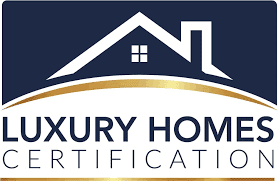
What Is the LHS Designation?
The LHS designation was designed for agents who are already working in the luxury market and want to fine-tune their negotiation skills and pricing strategies. But this designation is also for agents who want to break into the luxury market. In fact, they have courses created for exactly that, including Succeeding in the Luxury Market and 8 Ways to Break into the Luxury Market.
What Does It Take to Get a LHS Designation?
This is an easy one to get and is relatively inexpensive. It requires 13 credit hours and you have the option to take it self-paced online (for $229 for members, $259 for nonmembers) or live online (course prices vary depending on the state and instructor, plus a recording bundle for $99).
Is the LHS Designation Worth It?
This is one of those designations you can knock out in a weekend and is relatively affordable. The content is expertly put together and ideal for those needing to sharpen their pricing and negotiation skills. It’s especially attractive to agents who want to break into the luxury market. Using this designation as part of a marketing strategy will help set agents apart.
Real Estate Designations: Honorable Mentions
We selected these four as our honorable mentions. They are a little more niche, but might be perfect for you and your specific business.
SRES (Seniors Real Estate Specialist)
If you work in a market with a lot of senior citizens, this is a designation to consider. Here’s what NAR says about it:
“The Seniors Real Estate Specialist designation is for Realtors who want to be able to meet the special needs of maturing Americans when selling, buying, relocating, or refinancing residential or investment properties. By earning the SRES designation, Realtors are prepared to approach mature clients with the best options and information for them to make life-changing decisions.”
Learn more about the SRES designation.
The SRES Designation: Is It Worth It for Residential Agents?
Accredited Land Consultant (ALC)
If you live in a rural market, you’ve undoubtedly handled your fair share of vacant land sales. If this makes up a large portion of your business, the ALC designation is worth considering. Here’s what NAR has to say about this designation:
“The esteemed Accredited Land Consultants are the most trusted, knowledgeable, experienced, and highest-producing experts in all segments of land. Conferred by the Realtors Land Institute, the designation requires successful completion of a rigorous LANDU education program, a specific, high-volume and experience level, and adherence to an honorable Code of Conduct.”
Learn more about the ALC designation.
Certified Real Estate Brokerage Manager (CRB)
If you’ve moved off the sales floor and spend most of your time managing other real estate agents, the CRB designation is worth its weight in gold. This designation has comprehensive courses covering management, technology, cost estimating, budgets, and more. It’s also worth noting that you don’t need a managing broker’s license to earn it. Here’s what NAR has to say about this designation:
“The Certified Real Estate Brokerage Manager designation is designed for experienced owners, brokers, managers, and supervisors to raise professional standards, strengthen individual and office performance, and sharpen expertise in brokerage management. Since 1968, CRB has represented the highest level of professional achievement in real estate brokerage management.”
Learn more about the CRB designation.
GREEN (NAR’s Green Designation)
If your clients show an interest in green infrastructure and home features, this environmentally conscious designation is right for you. The best part about this designation? It’s free for the first year (no application or class fees), then just $98.50 a year after that. Here’s what NAR has to say about this designation:
“NAR’s Green Designation is designed for agents looking to learn about issues of energy efficiency and sustainability in real estate.”
Get more information about the GREEN designation.
Bringing It All Together
Designations in real estate go a long way in making you a more credible agent. What real estate designations are you considering? Which do you think will be most helpful in your market? Tell us in the comments below, and let’s keep the conversation going.






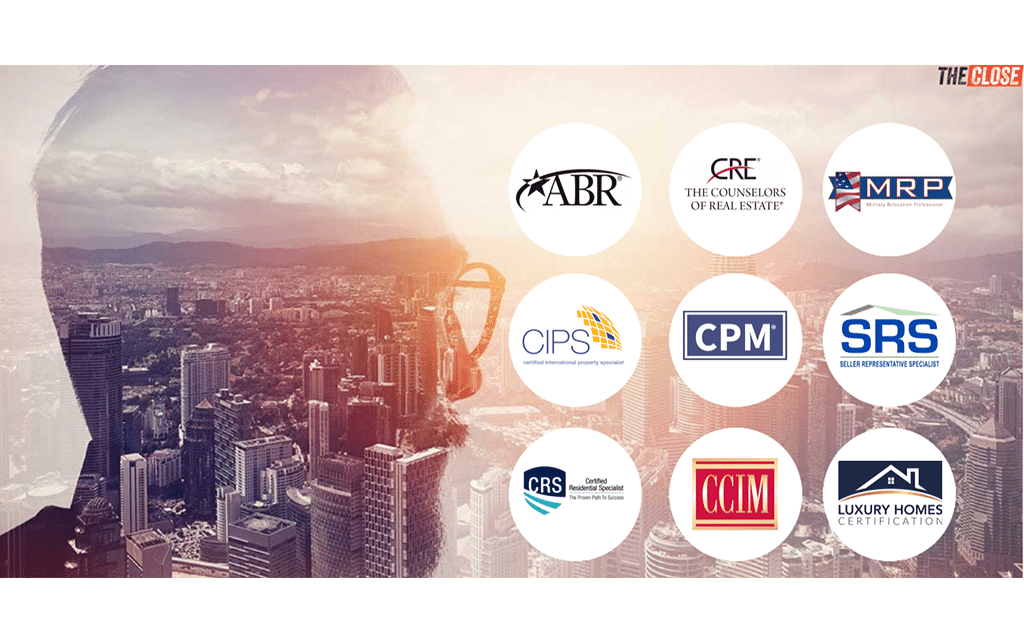


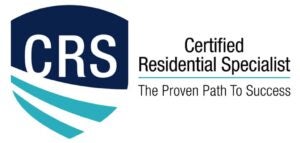

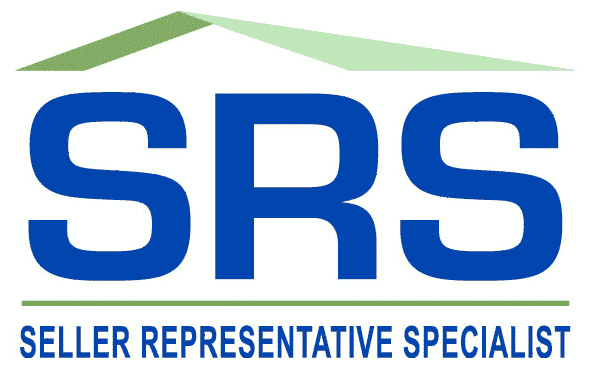


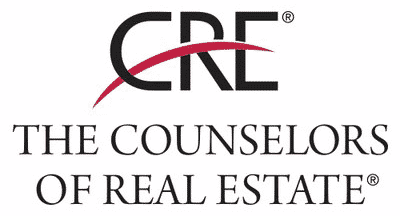
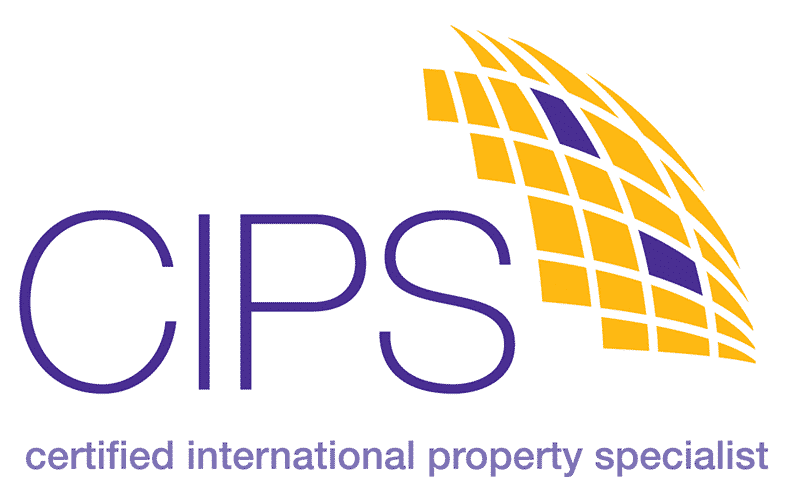
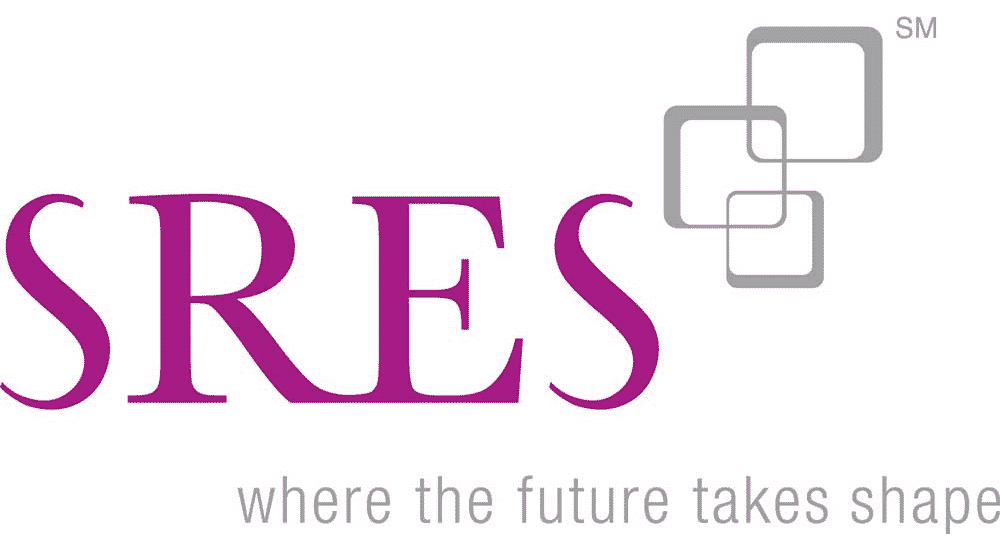

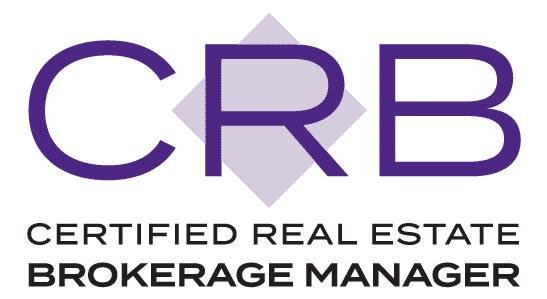
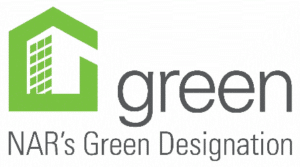
Add comment